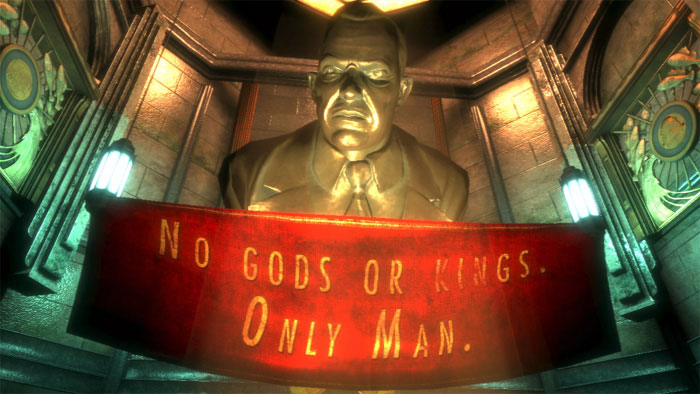“Discourses produce knowledge and knowledge is always a weapon of power” (Storey130).
I was quite impressed with the way Storey wrote on the relationship between discourse and power. Power, although not defined within Storey, was defined in Michel Foucault’s “The History of Sexuality”. Power is not defined in terms of traditional physical domination, it is a force, much like wind currents, that cannot be pinpointed at any exact location, it moves from all angles to any common point. It does, however, seek to control in a form of categorizing (Storey130). With that in mind, it was interesting looking at the syllogism Storey used to explain the discourse-power relationship. If one examines the thoughts of sexuality in Victorian England that takes on the form of letters, works, paintings, medical texts, etc. one can see the overall opinion, or knowledge of sexuality. It is with this opinion that power is exerted over sexuality in Victorian English society, for the categorization of any thoughts or actions that bear resemblance to sexuality are then grouped, and society has a way of exerting control over its own thoughts.
In the way of education, this comes to be a limiting factor in acquiring knowledge. Paul Freire in his work, “Pedagogy of the Oppressed” would certainly agree, as, “Knowledge emerges only through invention and re-invention” (Friere72). Categorizing no doubt would make it easier to teach subjects, as concepts with common topics will be grouped together such as the STEM programs (Science, Technology, Engineering, and Mathematics). The challenge lies in that these categorizations are only through the discourse at any given time, therefore knowledge and opinion in society at large are responsible for the education structure at any given time. What does that mean? It means that our education is contingent with the public opinion, therefore, could it be said that it is media that controls what we read and understand, since public opinion is transferred using mediums such as newspaper, reporters, radio, and any other such modes of communication?


